Your liver is one of the most important organs in your body. It helps filter your blood, stores energy, and supports digestion. When the liver gets sick or damaged, surgery may be necessary to treat it. Liver surgeries are complex, but with the right care and team, they can be life-saving.
Liver surgery is a procedure performed to remove, repair, or replace parts of the liver that are diseased, damaged, or affected by tumors. It may involve removing a small portion of the liver, a large segment, or even the entire organ in case of a liver transplant.
The good news? The liver is the only organ in the human body that can regenerate. That means even if part of it is removed during surgery, it can grow back over time — a unique and amazing ability!
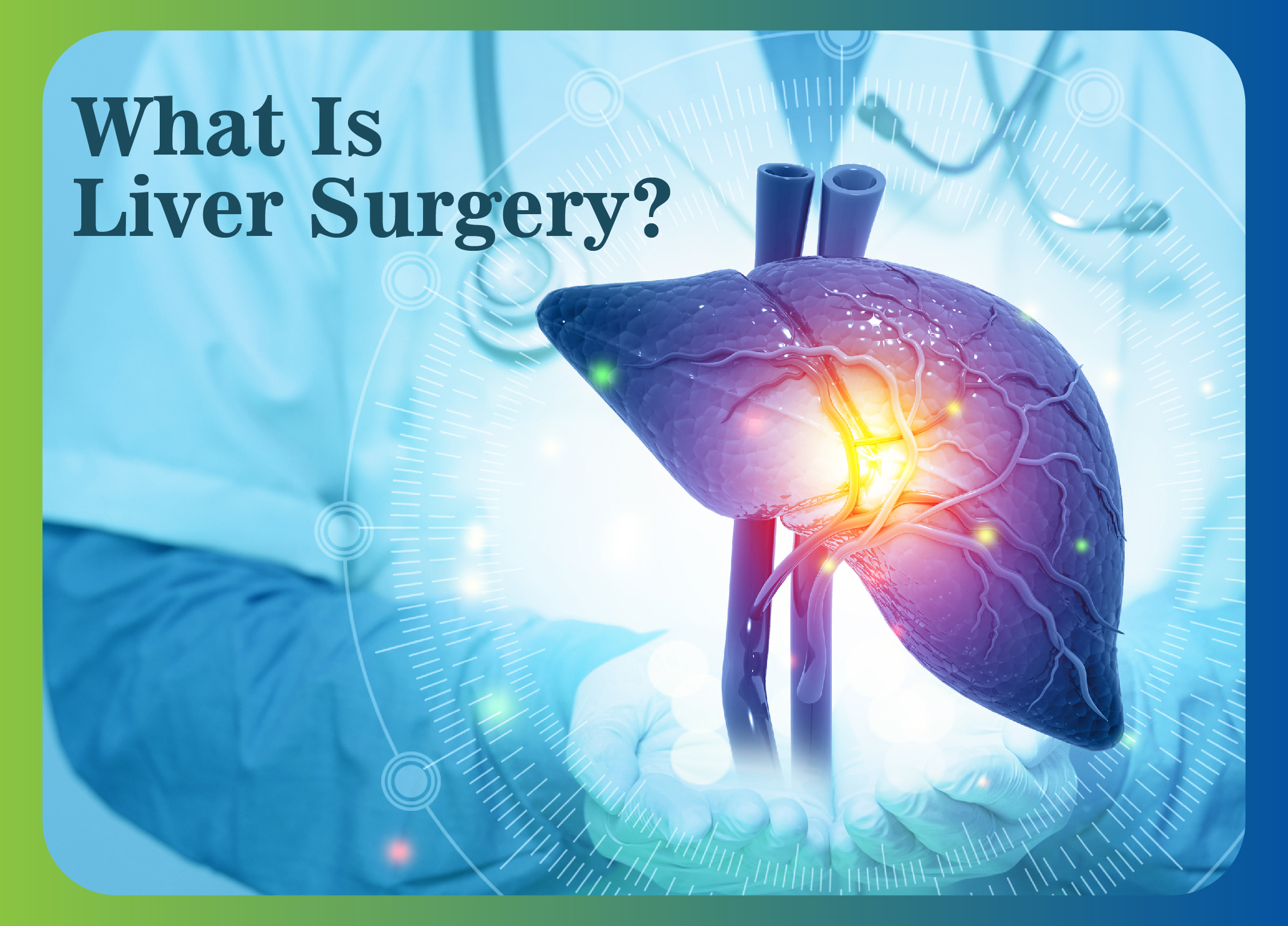
Liver surgery is usually recommended in the following conditions:
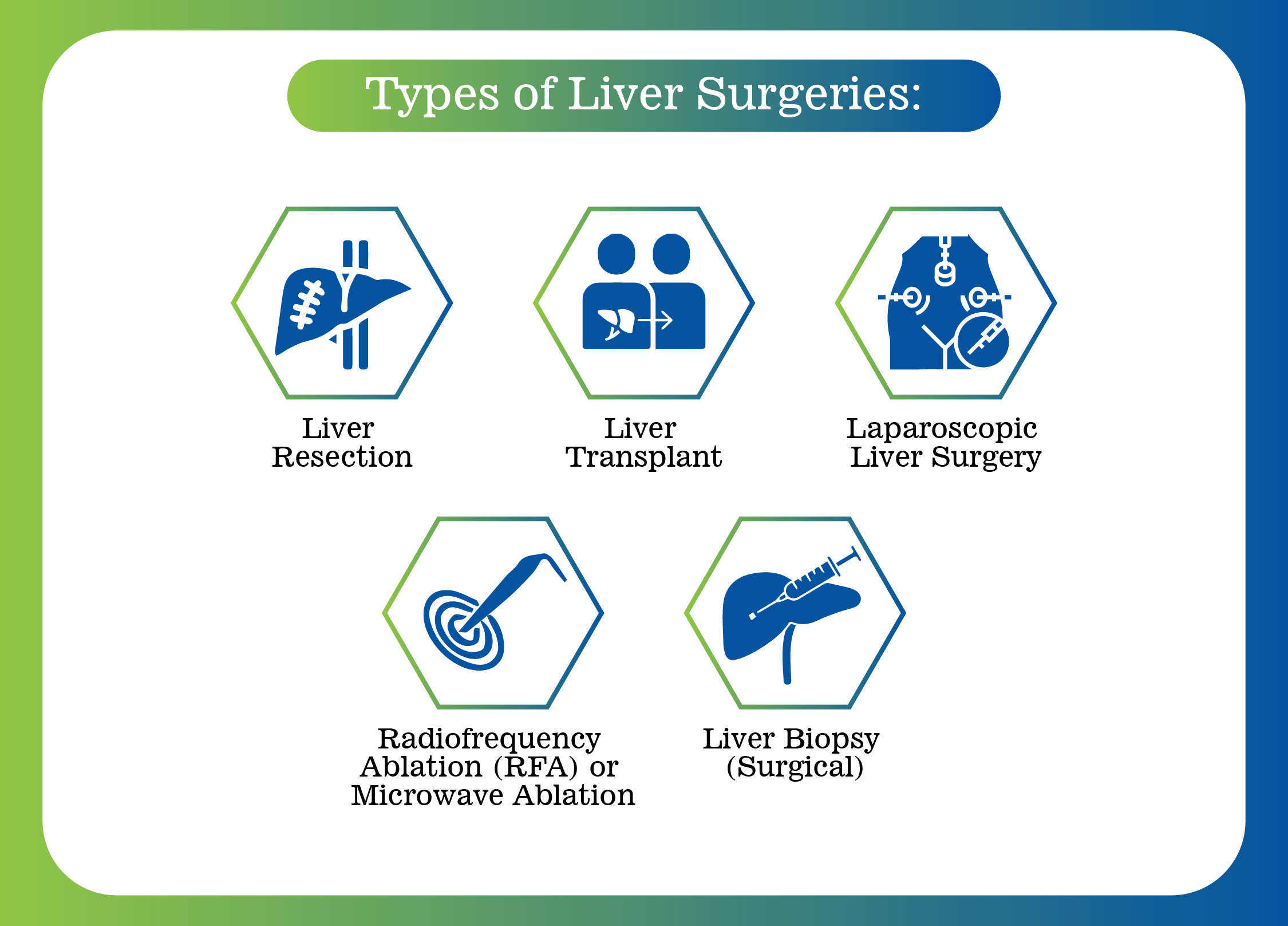
Depending on the diagnosis, the type of liver surgery may vary. Here are the most common procedures:
Getting ready for liver surgery is a team effort. Here's what typically happens:
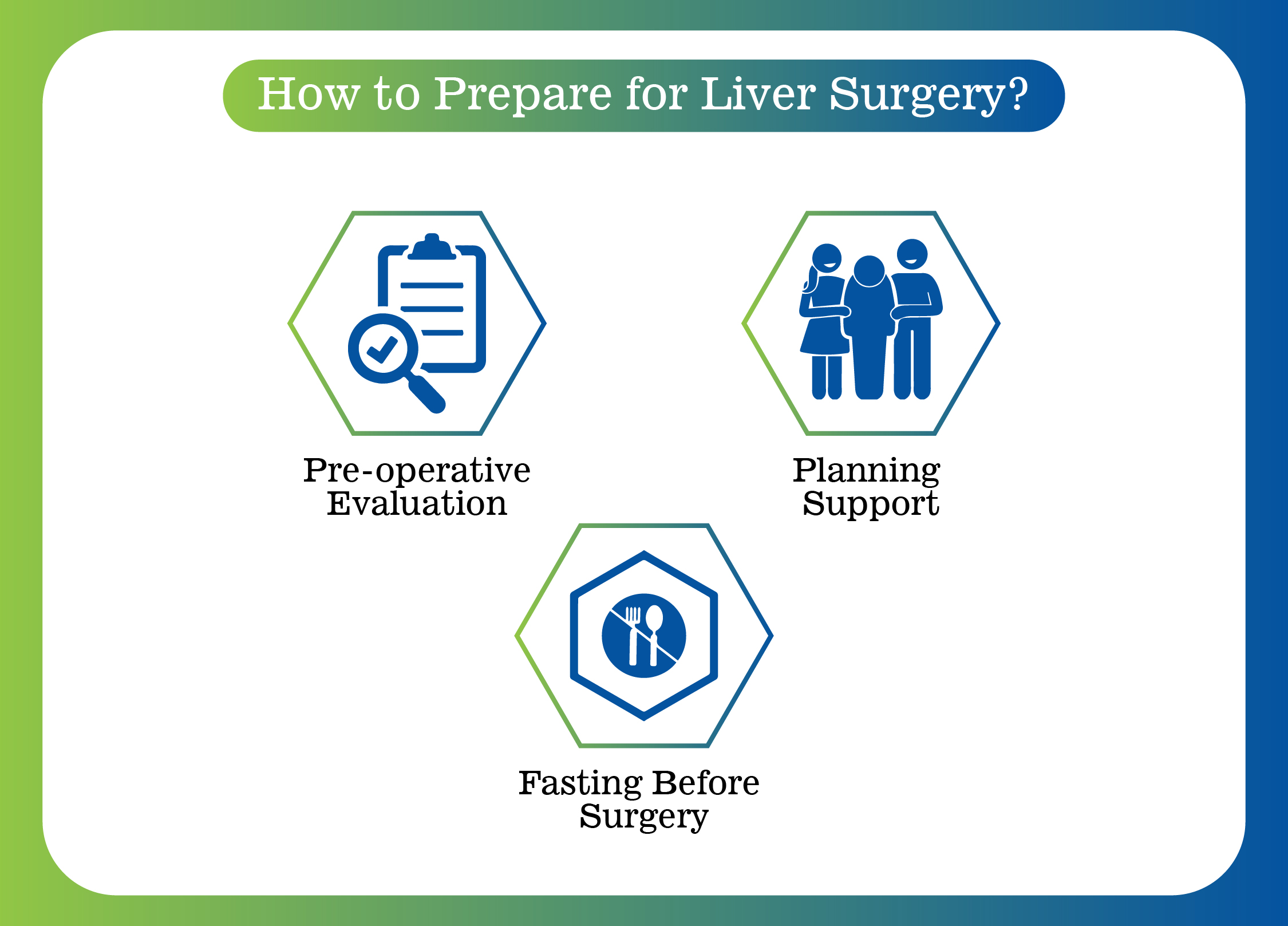
The procedure can take anywhere from 2 to 8 hours, depending on the complexity. It is done under general anesthesia (you will be asleep).
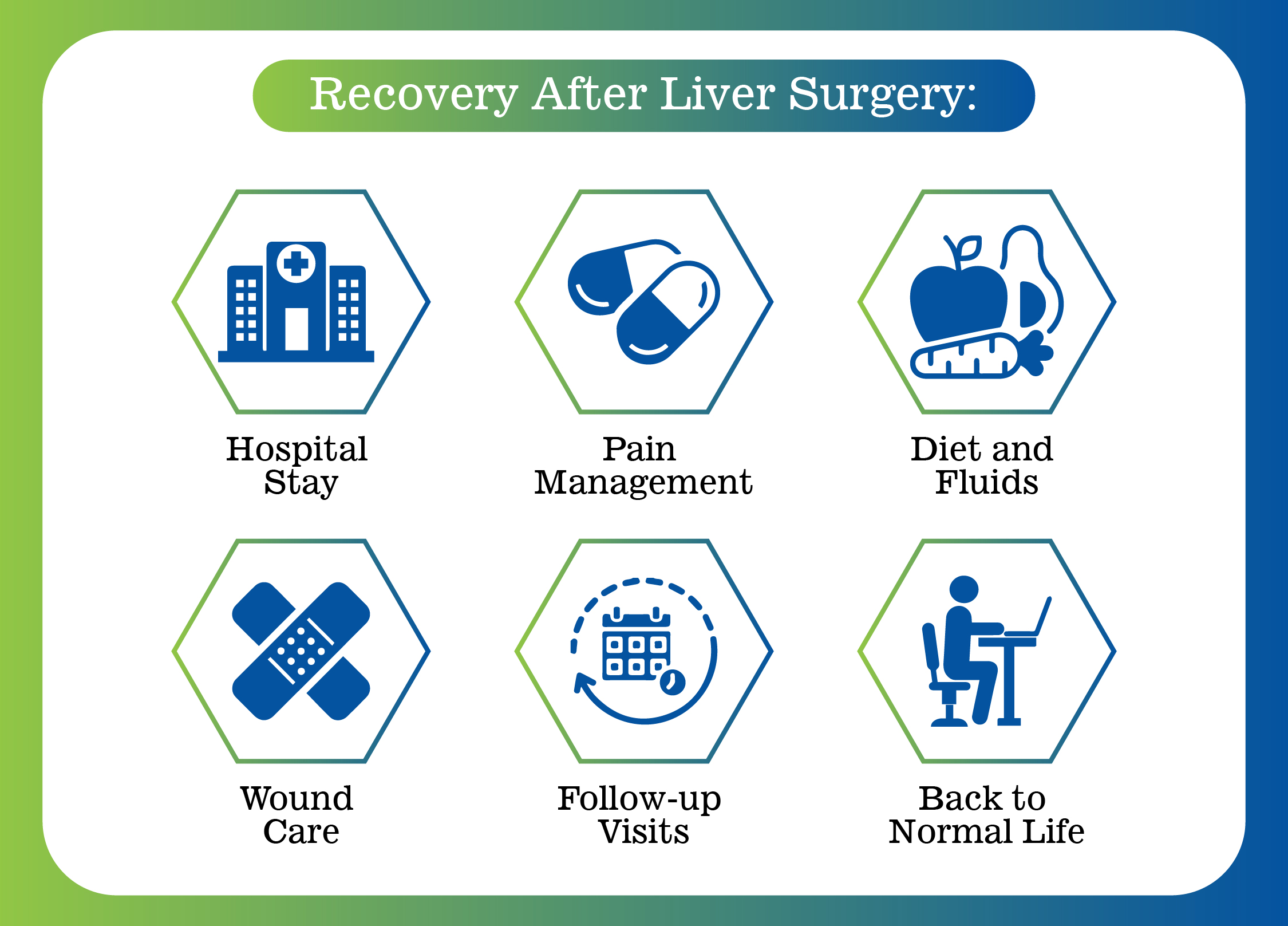
Recovery is a crucial part of your liver surgery journey. Here's what to expect:
Like any major surgery, liver procedures carry some risks. These may include:
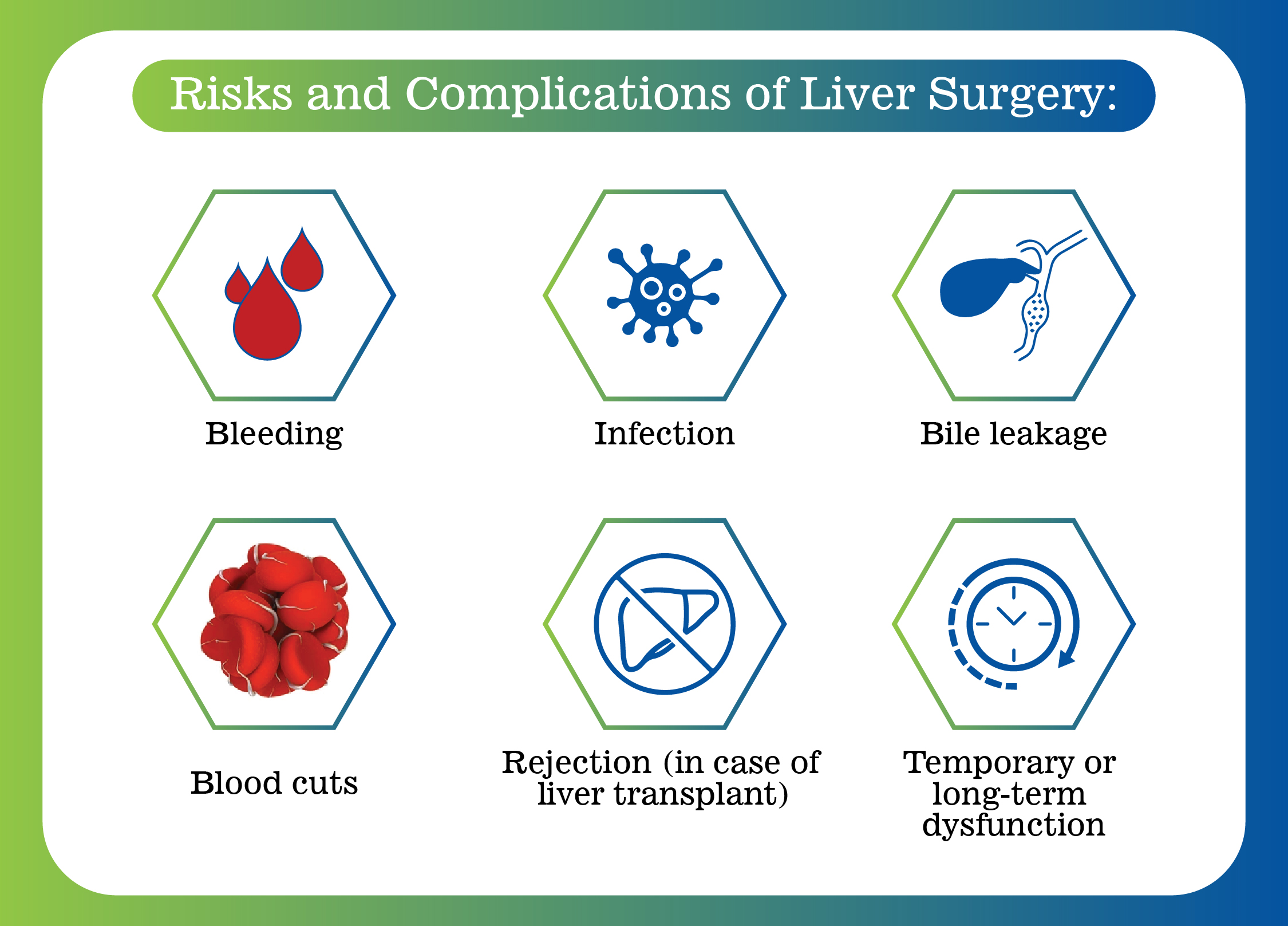
However, with advanced surgical techniques and skilled doctors, these risks are well managed. Always make sure you are treated in a center with experience in liver surgeries.
Dr. Vidyachandra Gandhi, a leading surgeon in Pune, specializes in liver surgeries at Ruby Hall Clinic and Deccan Clinic. His expertise covers a wide range of conditions, including liver cancer, metastatic liver disease, and advanced liver cirrhosis requiring transplant, benign liver growths, liver abscesses, and liver trauma. He performs various procedures such as liver resection (partial hepatectomy, lobectomy, extended lobectomy), liver transplants (living or deceased donor), and minimally invasive laparoscopic liver surgery. Dr. Gandhi also utilizes radiofrequency ablation (RFA) and performs surgical liver biopsies. Patients benefit from comprehensive pre-operative evaluation and a structured recovery process under his care